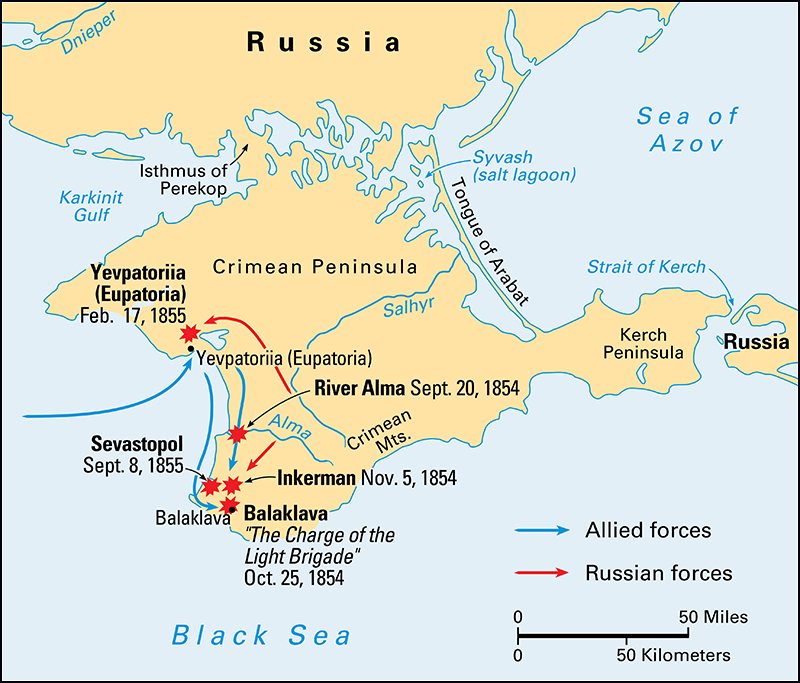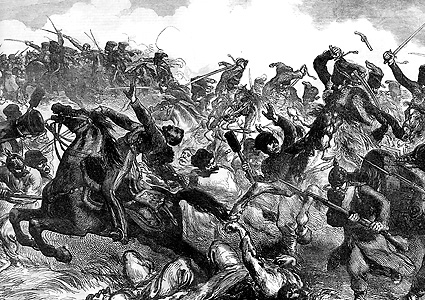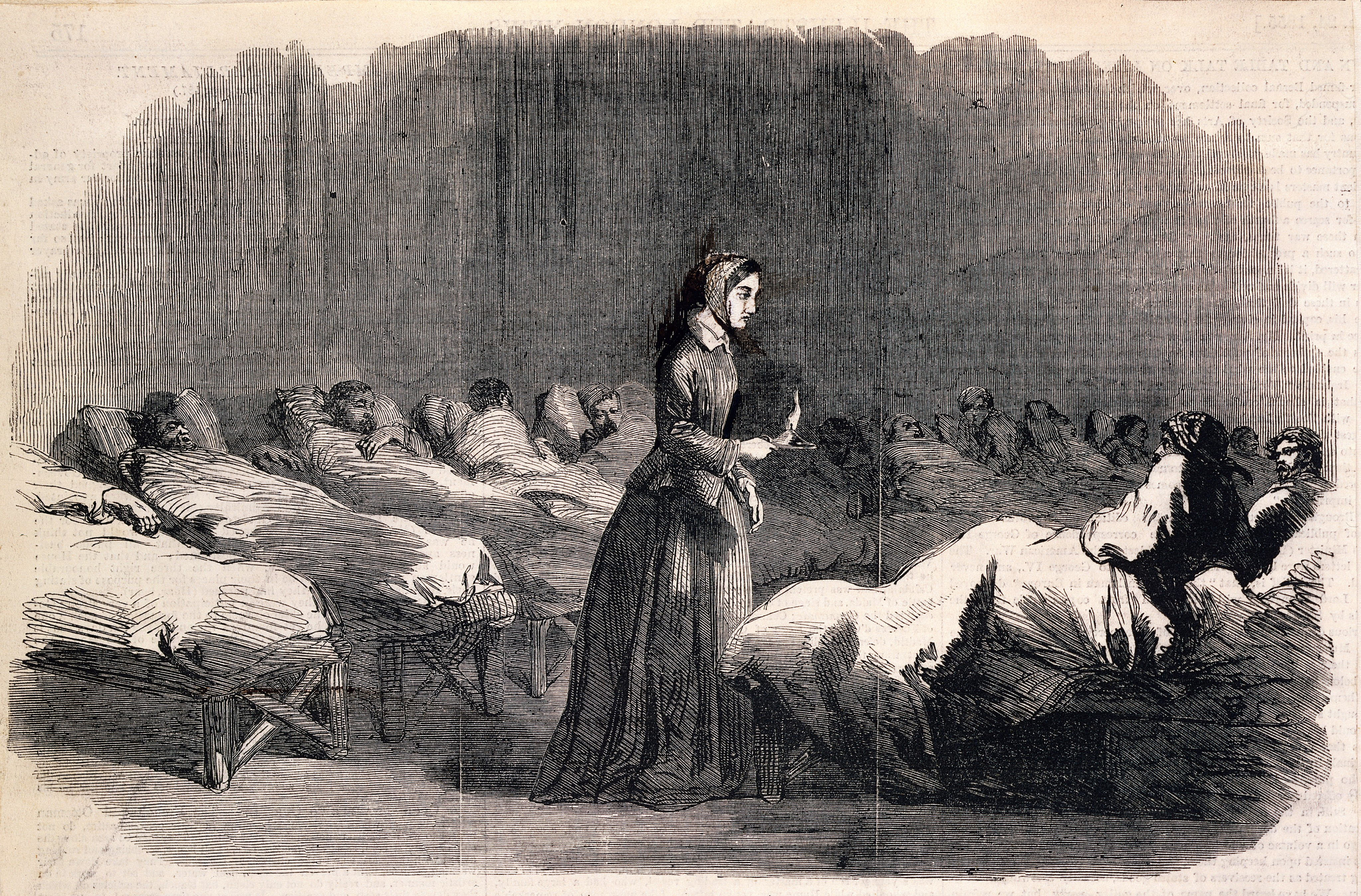Crimean, << kry MEE uhn, >> War (1853-1856) was fought between Russian forces and the allied armies of Britain, France, the Ottoman Empire (now Turkey), and Sardinia. The war’s name comes from Crimea, a peninsula that extends from what is now southern Ukraine, and where much of the fighting took place.

Causes of the war included religious, commercial, and strategic rivalries among Britain, France, and Russia in the Near East and political rivalries between France and Russia in Europe. A chief objection of the allies was Russia’s expansion in the Black Sea region. Major battles in the Crimean Peninsula occurred along the River Alma and around the towns of Sevastopol, Balaklava, Inkerman, and Yevpatoriia (also spelled Eupatoria). Russia’s lack of supplies, railroads, and reinforcements led to its defeat. The Treaty of Paris, signed on March 30, 1856, ended the war. It forced Russia to give up some territory it had taken from the Ottoman Empire and forbade warships on and fortifications around the Black Sea.

The Crimean War was the first war to be covered by newspaper reporters and photographers at the front. The English poet Lord Tennyson wrote a famous poem, “The Charge of the Light Brigade,” about the Battle of Balaklava. The activities of Florence Nightingale, an English nurse, later helped bring about improvements in nursing and hospital care.

See also Balaklava, Battle of; Nightingale, Florence.
